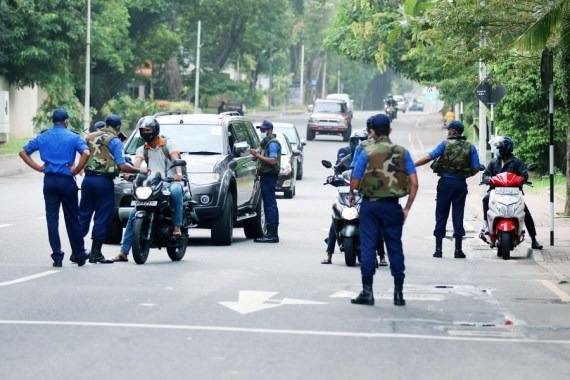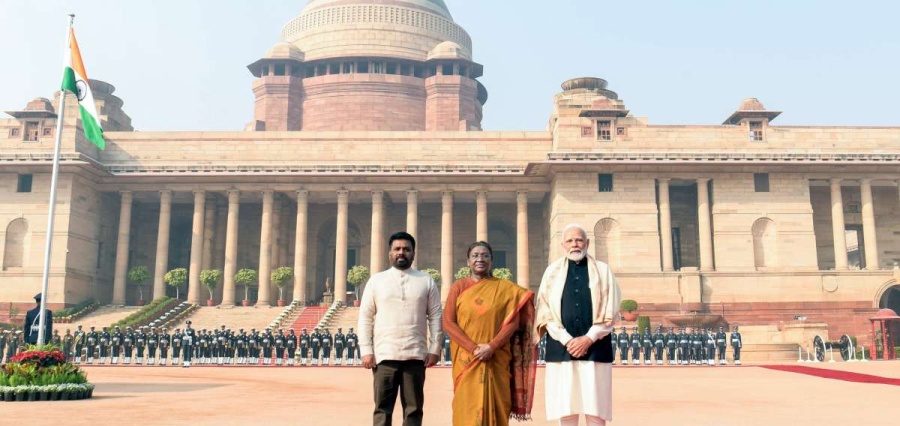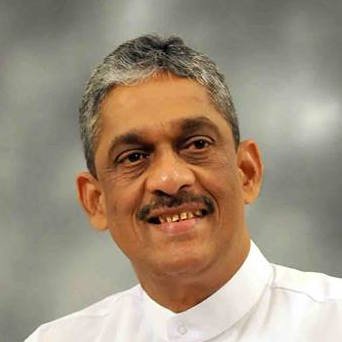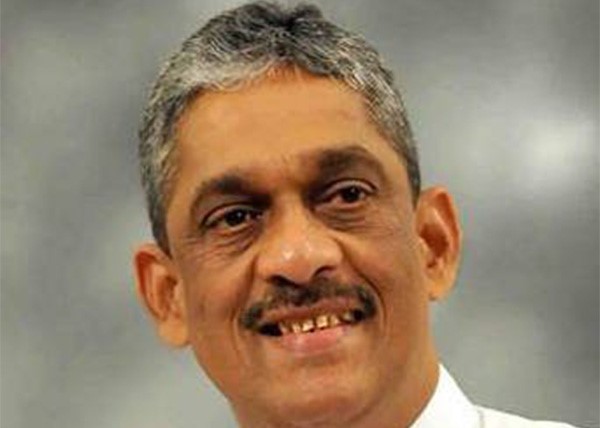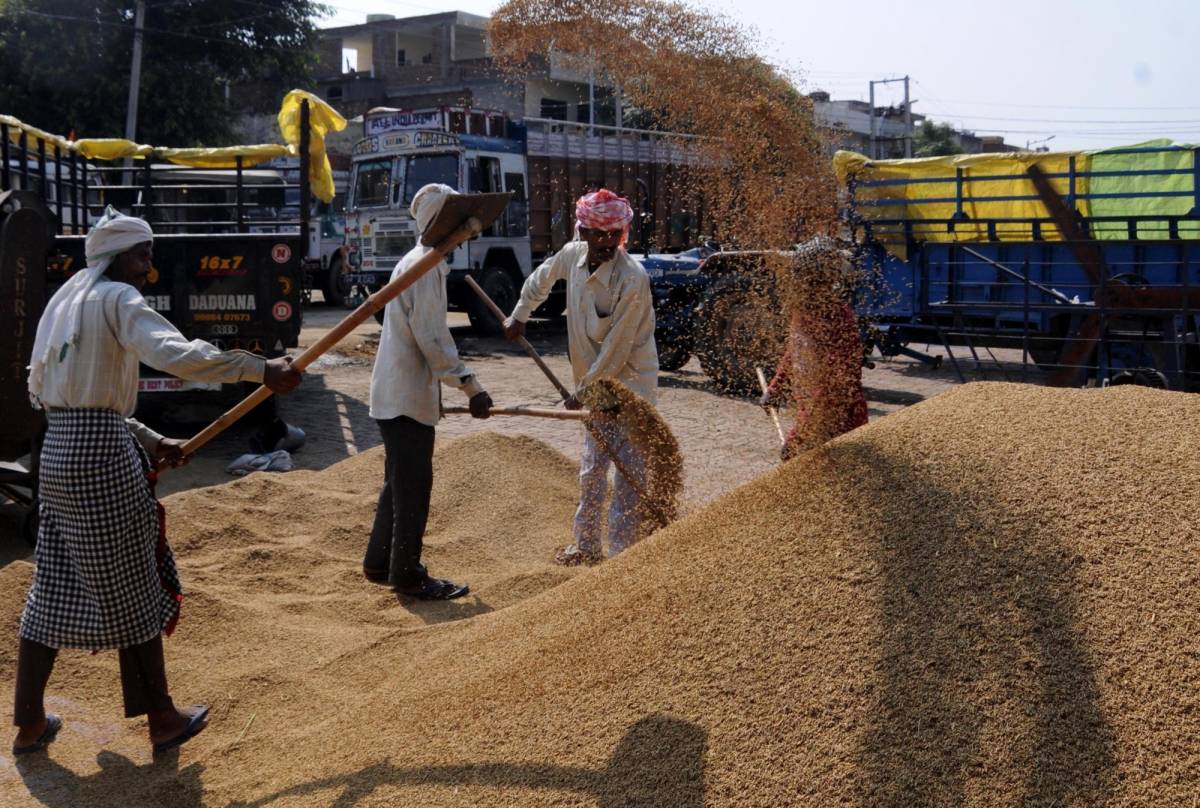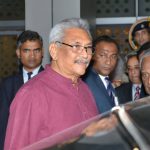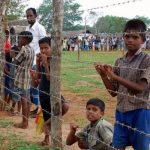Journalists and lawyers were not allowed to enter the area and at least two journalists who were covering the clearing off were attacked by the military….reports SUSITHA FERNANDO
Awaiting the swearing-in of the new Cabinet under newly elected President Ranil Wickremesinghe, Sri Lankan military with violent force chased away all the protesters occupying the entrance to the Presidential Secretariat and the main protest site Gotagogama early hours of Friday.
Military and riot police, who entered the protest site armed with clubs and wires, attacked the protesters taking control of the protest site while arresting at least eight, including protest leaders and a lawyer.
Journalists and lawyers were not allowed to enter the area and at least two journalists who were covering the clearing off were attacked by the military.
Strongly condemning the attack and forcible removal of the protesters, the US Ambassador in Colombo Julie Chung tweeted: “Deeply concerned about actions taken against protesters at Galle Face in the middle of the night. We urge restraint by authorities and immediate access to medical attention for those injured,” the US Ambassador tweeted.
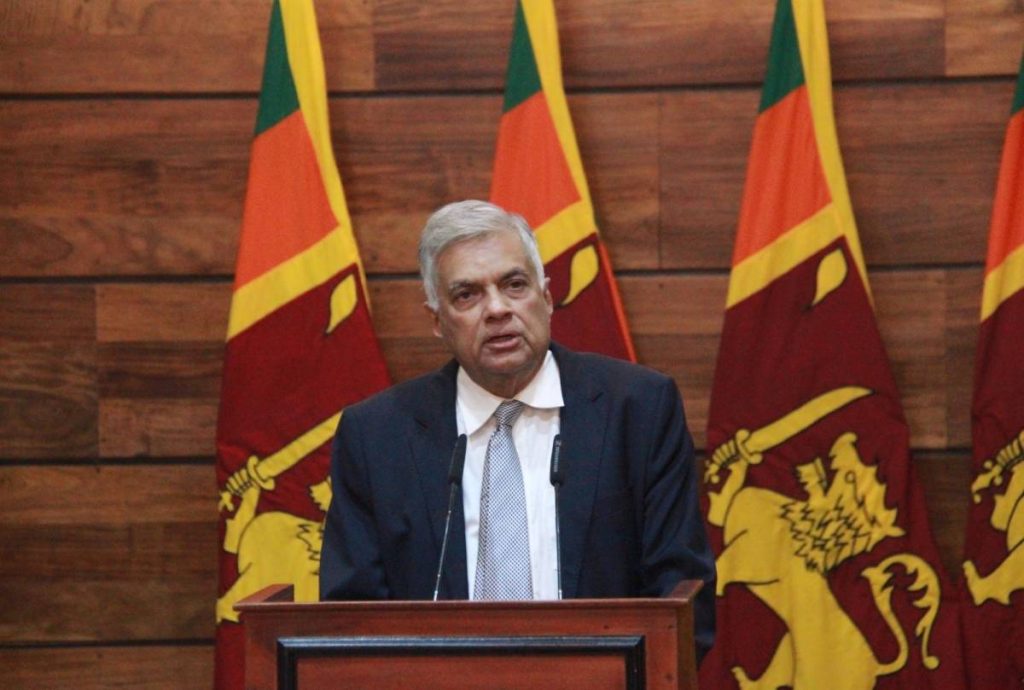
The Bar Association of Sri Lanka (BASL), comprising all the lawyers and judges too condemned the government’s action to attack peaceful protesters who occupied the area for more than three months and demanded the exit of former government headed by Gotabaya Rajapaksa and Mahinda Rajapaksa and now the removal of Ranil Wickremesinghe.
“The BASL strongly and unreservedly condemns the use of force and violence last night by the authorities in attacking protesters at Galle Face in the vicinity of the Presidential Secretariat.
It is apparent that hundreds of military personnel and police had blocked the access roads to Galle Face and prevented the public from entering the area. Attorneys-at-Law who tried to enter the area have been prevented from doing so by forces personnel. The BASL has been informed that at least two Attorneys-at-Law who sought to intervene in their professional capacity had been assaulted by service personnel. Video footage also shows unarmed civilians being assaulted
by the security forces,” BASL President Saliya Peiris stated.
The BASL demanded for an immediate halt to the unjustified and disproportionate actions of the Armed Forces targeting civilians and urged President Ranil Wickremesinghe to ensure that he and his government respect the Rule of Law and Fundamental Rights of the people.
“The use of the Armed Forces to suppress civilian protests on the very first day in office of the new President is despicable and will have serious consequences on our country’s social, economic and political stability” the BASL head stated.
The attacks on the protesters come amidst; they had informed that on Friday afternoon they were to evacuate the entrance to the President’s Office which was taken over on April 2.
Meanwhile, President Wickremesinghe also issued a gazette extraordinary deploying the three armed forces to maintain public order island wide under the public Security Ordinance and giving them extra powers.
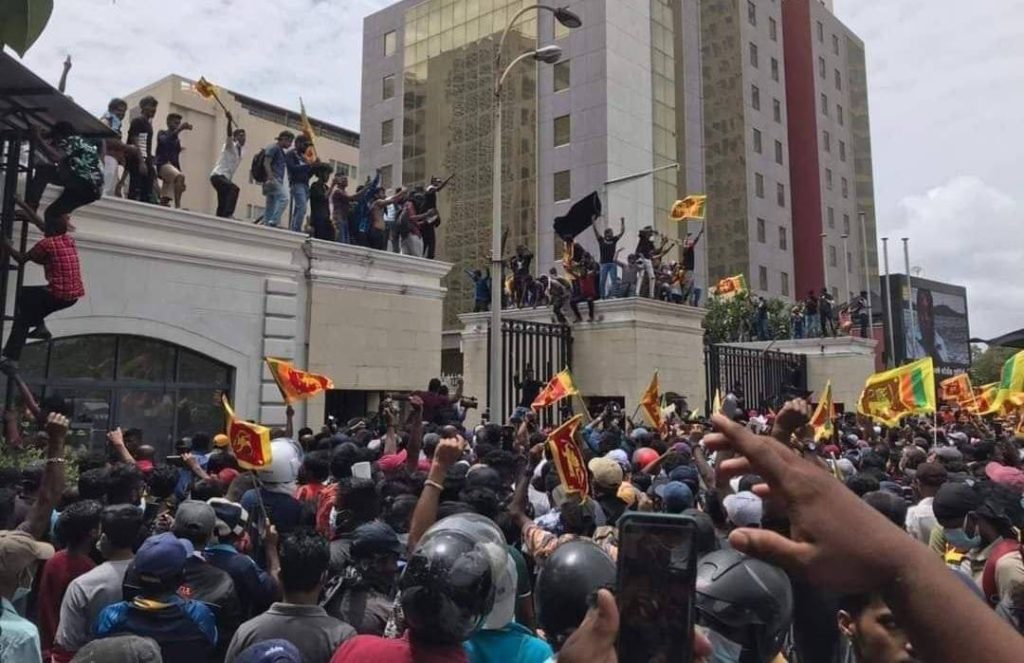
Wickremesinghe, who was elected from Parliament with a clear majority of 134 out of 223 votes polled by MPs took oath as the eighth President of Sri Lanka, the position vacated after Gotabaya Rajapaksa fled the country on July 13 amidst public protests occupying his official resident.
A new Cabinet is to be sworn in on Friday and the former Leader of House in Rajapaksa government, Dinesh Gunawardena is rumoured to be appointed the new Prime Minister.
Wickremsinghe was backed by pro-Rajapaksa lawmakers while his opponent Dullas
Alahapperuma who also was a member of the Rajapaksa party, Sri Lanka Podujana Peramuna (SLPP) who was backed by the section of the SLPP, main opposition Samagi Jana Balawegaya (SJB) lead by Sajith Premadasa and the main Tamil party Tamil National Alliance.
Facing an unprecedented economic crisis, Indian Ocean Island nation with over 22 million people is going through a severe food, fuel, cooking gas, fertilizer and medicine shortages with no foreign reserves to import them. The closest neighbour India has provided biggest financial assistance with over $3.5 billion in addition to food and medicine aids.


